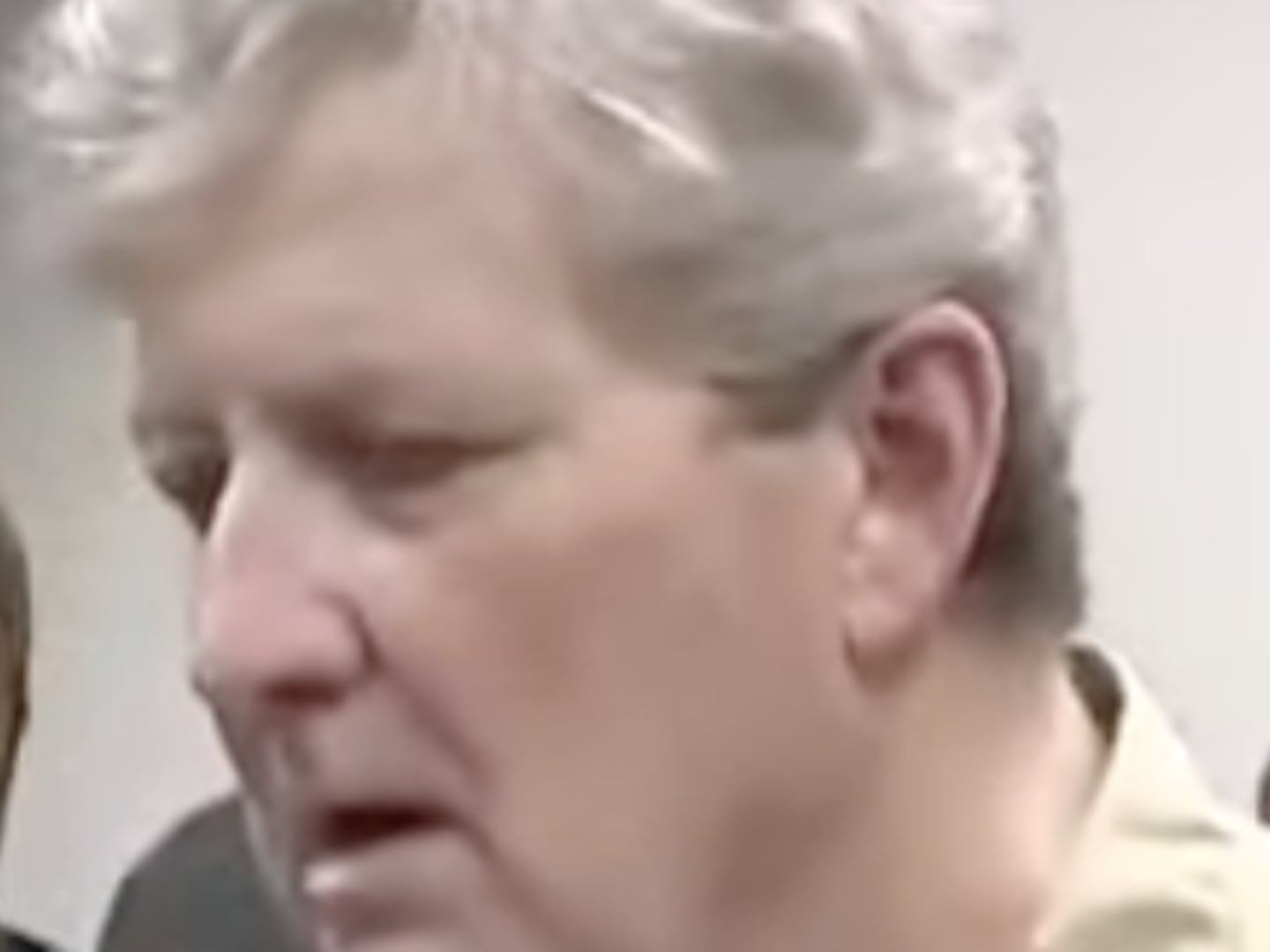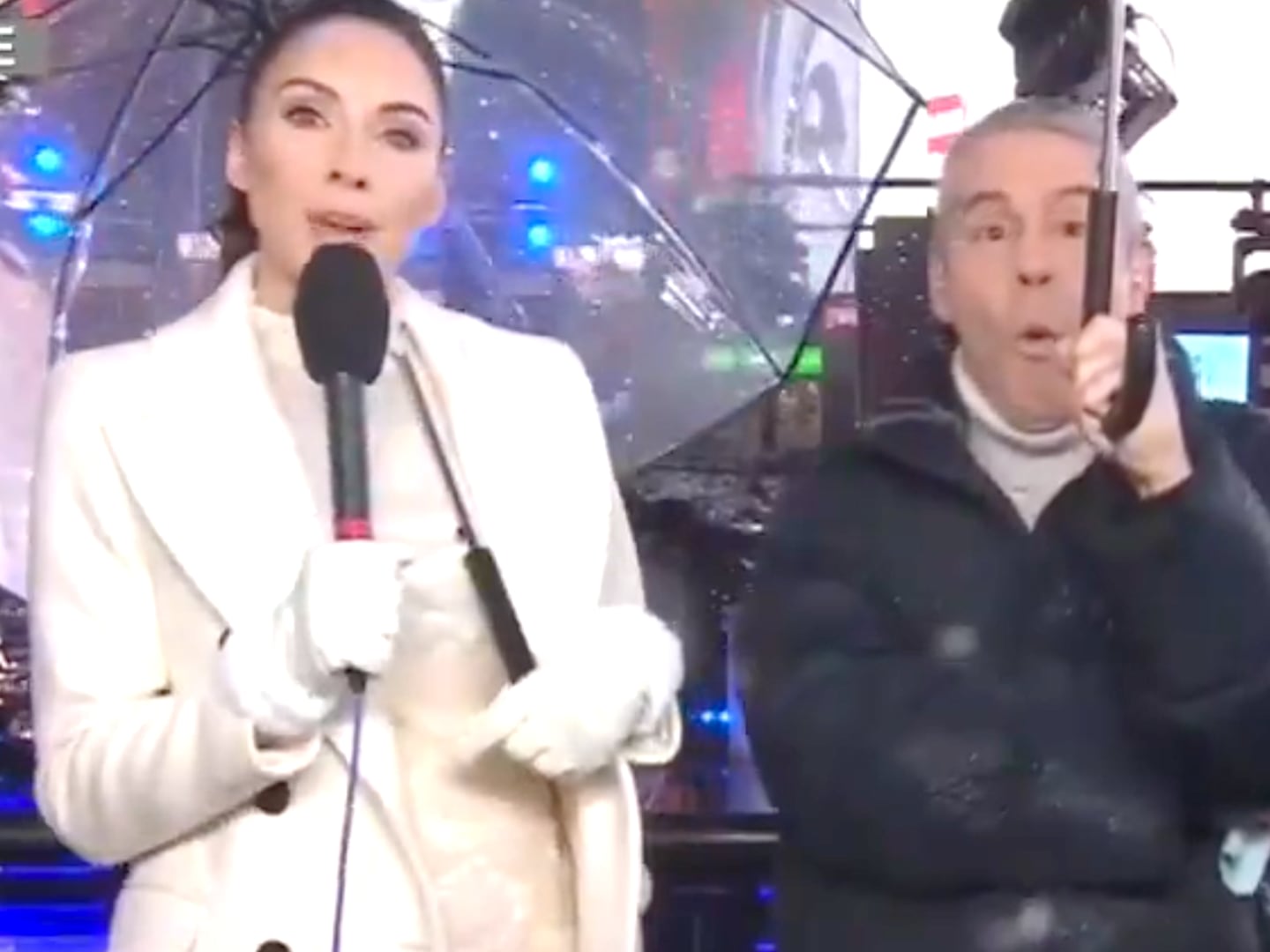Politics
Ryan M. Kelly/AP
Can Virginia’s ‘Trump in Heels’ Beat Terry McAuliffe? Nope.
VIRGINIA IS FOR (GOP) LOSERS
Like a lot of states, the Virginia Republican Party just keeps getting Trumpier. Unlike a lot of those states, Virginia is blue.
opinion





